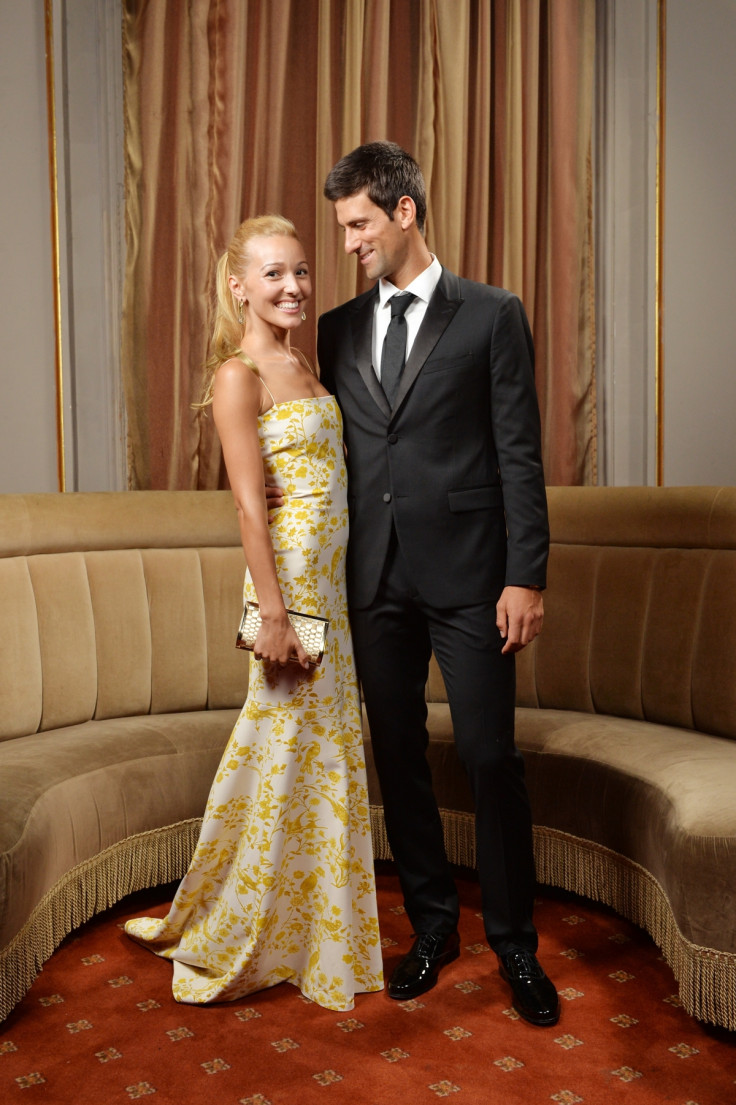Mating Choices: Women Act Like a Herd in Judging Men's Desirability

Do women see men who are surrounded by other women, and who have a recent history of romantic relationships, as being more desirable partners than men without such a background?
The immediate response would be – of course not. But going by a recent experiment, women seem to judge a man, or in this case, his genetic quality, by what other women think of him.
It would seem then that female mate selection is a product of group interactions rather than something that occurs in a solitary vacuum where the height and weight or colour of a subject are the criteria.
In their study published in Human Nature, psychologists Ryan Anderson and Michele Surbey from James Cook University in Australia showcase a reproductive strategy in human females known as "mate copying." This involves women copying the mating choices of other women.
"Mate copying," reason the authors, "is a means by which individuals gain information about potential partners without incurring the substantial costs of selecting a mate." It can be as simple as watching to see if an attractive woman finds your man attractive enough.
The authors asked 123 heterosexual female undergrads ranging in age from 17 to 40 to judge the sex appeal of five average-looking male strangers based on their face-only photographs. The men's faces were presented randomly to the female participants, either alone against a plain background, or juxtaposed with 1, 2, or 5 silhouettes. The silhouettes were of women, of men, or of neutral "distracter arrays" such as pets or television sets.
Under each such visual array was a brief description. This included the man's name (fictitious, of course), his current relationship status (whether he was single or seeing someone), and the number of romantic relationships that he'd had within the past four years.
With a couple of caveats, no matter which male face they saw, the female judges rated those shown with the silhouettes of women as being more appealing than those shown alone, with men, with pets, or with inanimate objects.
But while having some past history with women does make a man more attractive, this has a "tipping point". The guy presented with five female silhouettes (with the accompanying text that he'd been in so many relationships in the past four years) was judged as being even less desirable than the lonely guy without any silhouettes who'd been in none. The authors suspect this to be a guard against promiscuous men.
Mate-copying effect was more pronounced in the younger than in the older female participants, presumably because with time, women rather base decisions on their experiences rather than naively copying other women's mating choices.
Importantly, men depicted as currently in a romantic relationship weren't particularly attractive to the women, even if these men also had a precedent with other women. The authors make a distinction here between mate copying and mate poaching. Their undesirability stems from the difficulty in securing them, the authors say.
Finally, female mate copying didn't seem to play a role for women with high "self-perceived mate value". These are the women who are convinced that they're especially hot! They aren't so easily swayed by other women's views of a man.
© Copyright IBTimes 2025. All rights reserved.





















